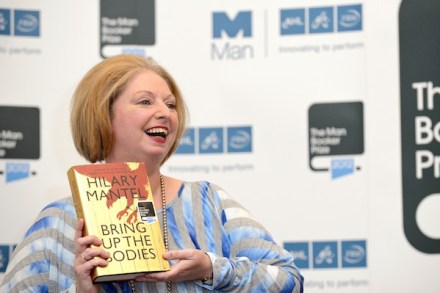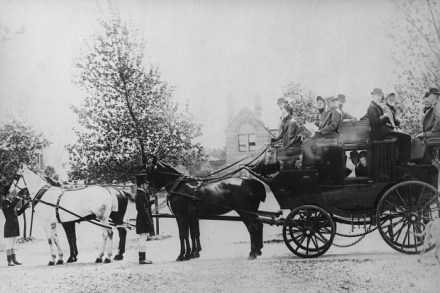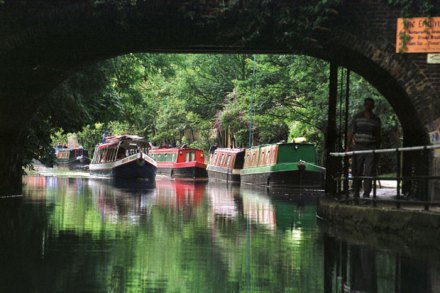Olivier, by Philip Ziegler – review
Philip Ziegler is best known for his biographies, often official, of politicians, royalty and soldiers. They include Harold Wilson, Edward VIII and Louis Mountbatten, whose correspondence he also edited. What has driven him to write about an actor — and one whose life has been fully covered in so many biographies, the most recent being Terry Coleman’s in 2005? I take it he knows little of theatre on the inside and has had to base his book on the notoriously unreliable gossip of actors, not the least of whom was Olivier himself, a supreme fantasist. I am not even sure that Ziegler is a theatre buff. But there must be



















